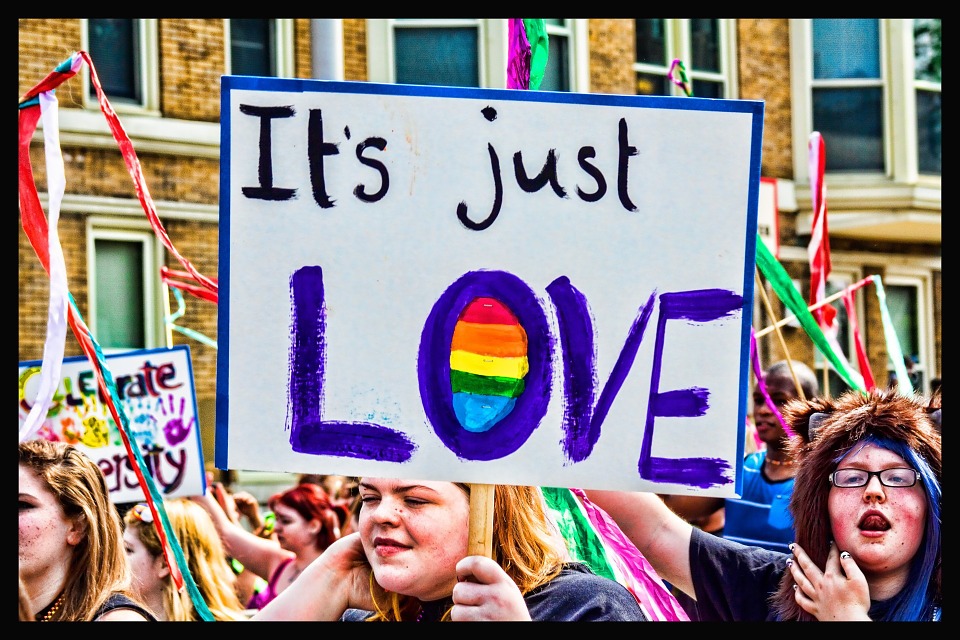Yesterday night I had the opportunity to attend the Human Rights Campaign’s 20th annual National Dinner, an opulent congregation of this country’s foremost powerful LGBTQ leaders and activists. And yet, despite having volunteered with the campaign for many years, I realized only recently how few people have heard of the organization and the importance of its activity.
In a nutshell, the Human Rights Campaign is an organization that champions lesbian, gay, bisexual, transgender and queer civil rights. From empowering LGBTQ-friendly politicians to pushing LGBTQ legislation and helping LGBTQ communities, the campaign is at the forefront of the push for equal protections under the law.
For LGBTQ people, who have been historically persecuted against in all manners of public life, from marriage equality to equal employment and community support, the campaign is an organization that works to ensure these people receive basic, lawful human rights — rights that should not be denied on the basis of sexual orientation or gender identity.
Hearing one of the speakers, Tina Madison White, share suicidal thoughts induced by her struggles living as the wrong gender and spending time conforming to become a man, I couldn’t help but feel disappointed in myself for passively enabling such a judgmental society to define what normality is. From North Carolina’s House Bill 2, the Public Facilities Privacy & Security Act to the fact that LGBTQ people are more likely to be victims of hate crimes than any other minority, our country needs a systematic education in LGBTQ history and issues.
The problem is the popular misconception that LGBTQ discrimination is solely a gay issue when it’s a human rights issue. Much like the civil rights movement of the ’50s and ’60s and the disability rights movements, the LGBTQ rights movement isn’t fighting for abominable preferential treatments, but the same unalienable rights to life and liberty that are defined and granted by our Constitution. Fundamentally, no matter your opinion of someone, it is categorically iniquitous to deny that person the chance to pursue happiness, or the chance to live and love the way they want to.
Unfortunately in this country today, that is the reality facing us. People may still be denied employment solely based on their sexual orientation or gender identity, and that is exactly why we must continue to fight for our equal entitlement to human rights and dignity, lest we allow our unity to be dissolved by the shadows of fear and misunderstanding. Together, it may be possible to create a more perfect union, a union based on protecting our equal human rights.
Ultimately, we must realize that our cultural and religious traditions do not necessarily have to conflict with the protection of our basic human rights. Indeed, these rights are undeniable liberties and experiences because they cut across all religions and traditions in a way that universally bind us.
Max An is a senior physiology and neurobiology major. He can be reached at maxandbk@gmail.com.



